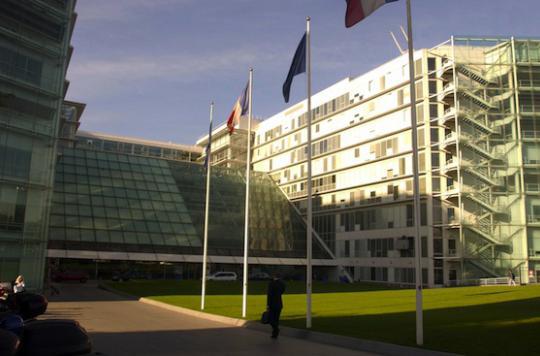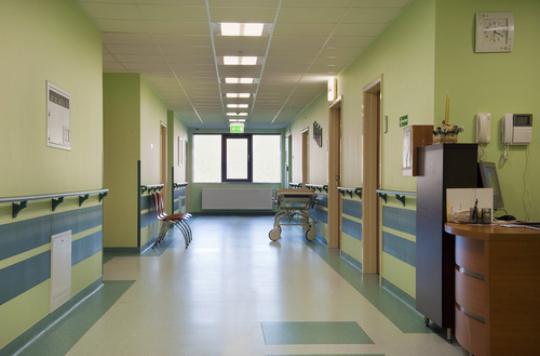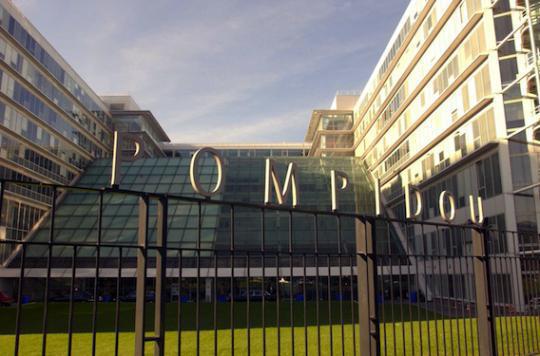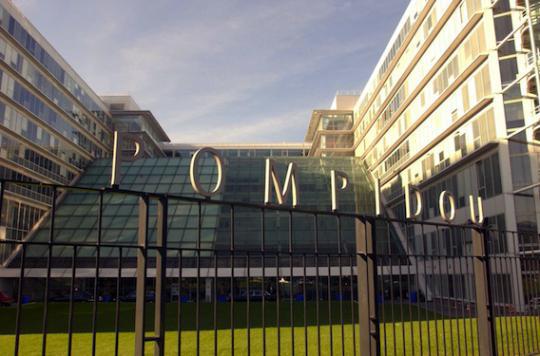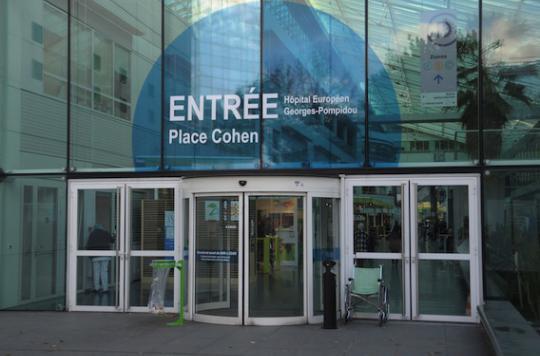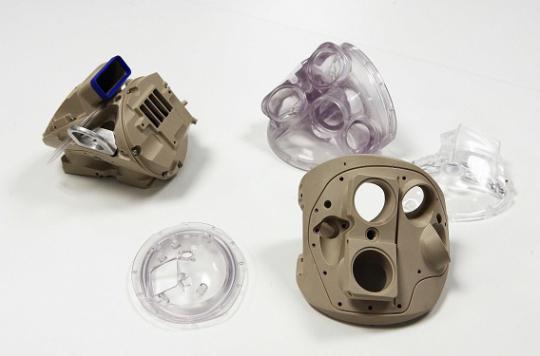Prof. Latrémouille, who carried out with Prof. Duveau the implantation of the first total artificial heart, details the intervention of December 18. A world first which crowns years of research by Professor Carpentier.
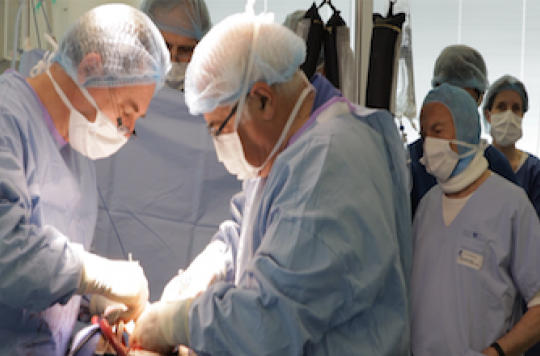
It’s a world first! A total artificial heart was implanted in a 75-year-old man on December 18 at the Georges Pompidou European Hospital (HEGP), in Paris. Developed by Prof. Alain Carpentier, the total artificial heart was designed by the Carmat company. It is the culmination of 25 years of research. This prosthesis could constitute an alternative to heart transplants. “This first implantation was carried out satisfactorily, the prosthesis automatically ensuring normal circulation at a physiological flow”, indicates the company Carmat in a press release. Three other patients should soon be operated. why actor questioned the Prof. Christian Latrémouille, cardiac surgeon at HEGP, who implemented the 1er artificial heart to the world.
why: How did this delicate intervention go?
Prof. Christian Latrémouille : “The intervention lasted about ten hours. We were 16 people in the operating room. This operation was carried out a bit like a heart transplant, but with very specific features linked to this new generation prosthesis, and to the entire technical interface. So we were in partnership with engineers from Carmat.
“We had no surprises”
What were the difficulties of this implantation of a total artificial heart?
Prof. Christian Latrémouille : They derive from the peculiarities of such an intervention, that is to say the interface between the biological tissues – the atria that we have preserved – and the body of the new heart which includes the motors and the valve system, which it was necessary to connect to the atria and to connect to the two ejection pipes which are the pulmonary artery and the aorta. But the other big difficulty is still the novelty. When we do an intervention for the first time, there are difficulties that must be addressed one after the other. We always fear the unexpected. In the end, the operation went well. We had no surprises.
How long have you been preparing for this intervention?
Prof. Christian Latrémouille: Regarding the surgical aspect, we have been working for 3 years. We did 35 artificial heart implantations in animals, which allowed us to be totally prowled. To develop the surgical technique, we also, of course, carried out operations on cadavers, in order to be as close as possible to human anatomy.
“He is a patient who was in the last phase of life”
What is the profile of 1er patient you have just operated on?
Prof. Christian Latrémouille : This profile was determined in agreement with all the authorities, that is to say a patient over 60 years of age, with end-stage heart failure, with failure of the right ventricle and the left ventricle. He is a patient who was in the last phase of life, he was in the hospital every two weeks… It was his last chance.
“His first words were: I’m thirsty”
How is the patient doing 48 hours after the operation?
Prof. Christian Latrémouille : He’s fine, he was extubated yesterday. Since last night, we have been chatting with him regularly. We can talk to him quite normally. He is recovering well, he is better today than yesterday. It is still very encouraging. His first words were: I’m thirsty. Like many operated patients, he was a little dehydrated. We gave him a drink and it was a great pleasure for him.
“The prosthesis is very reliable”
The patient is currently in intensive care. When will he be able to exit and what are the next steps in his follow-up?
Prof. Christian Latrémouille : We hope that he will be able to come out of intensive care in a few days. We are very confident in this machine, because it has never failed us during the training phase. But, we are obviously very careful about the evolution. All the usual parameters of cardiac surgery are monitored. There may be infectious, renal, pulmonary complications, but since he was extubated, we are on the right track. We also closely monitor the functioning of the prosthesis, but it behaves very well. It is very reliable. However, I cannot tell you when he will be able to leave the hospital, being only connected to this machine.
“We hope to give it back at least five years of life expectancy”
This patient was at the end of his life. If all goes well, what is her life expectancy today?
Prof. Christian Latrémouille: Thanks to the artificial heart, we hope to give it back at least five years of life expectancy. Heart transplant patients have an average survival of eight to thirteen years, although we all have patients who have survived more than 20 years.
“It is the culmination of a lot of work”
You are proud to have achieved this 1time global?
Prof. Christian Latrémouille : Yes, of course, I am proud, I can not say otherwise. During the operation, there was obviously emotion, tension. It is the culmination of a lot of work. First of all for Prof. Carpentier, who has been working on the artificial heart for 25 years, but also for the entire medical and paramedical team, engineers in the industry… This is the crowning achievement for all of these people. I am also sensitive to the trust the patient and his family have placed in me.
.









